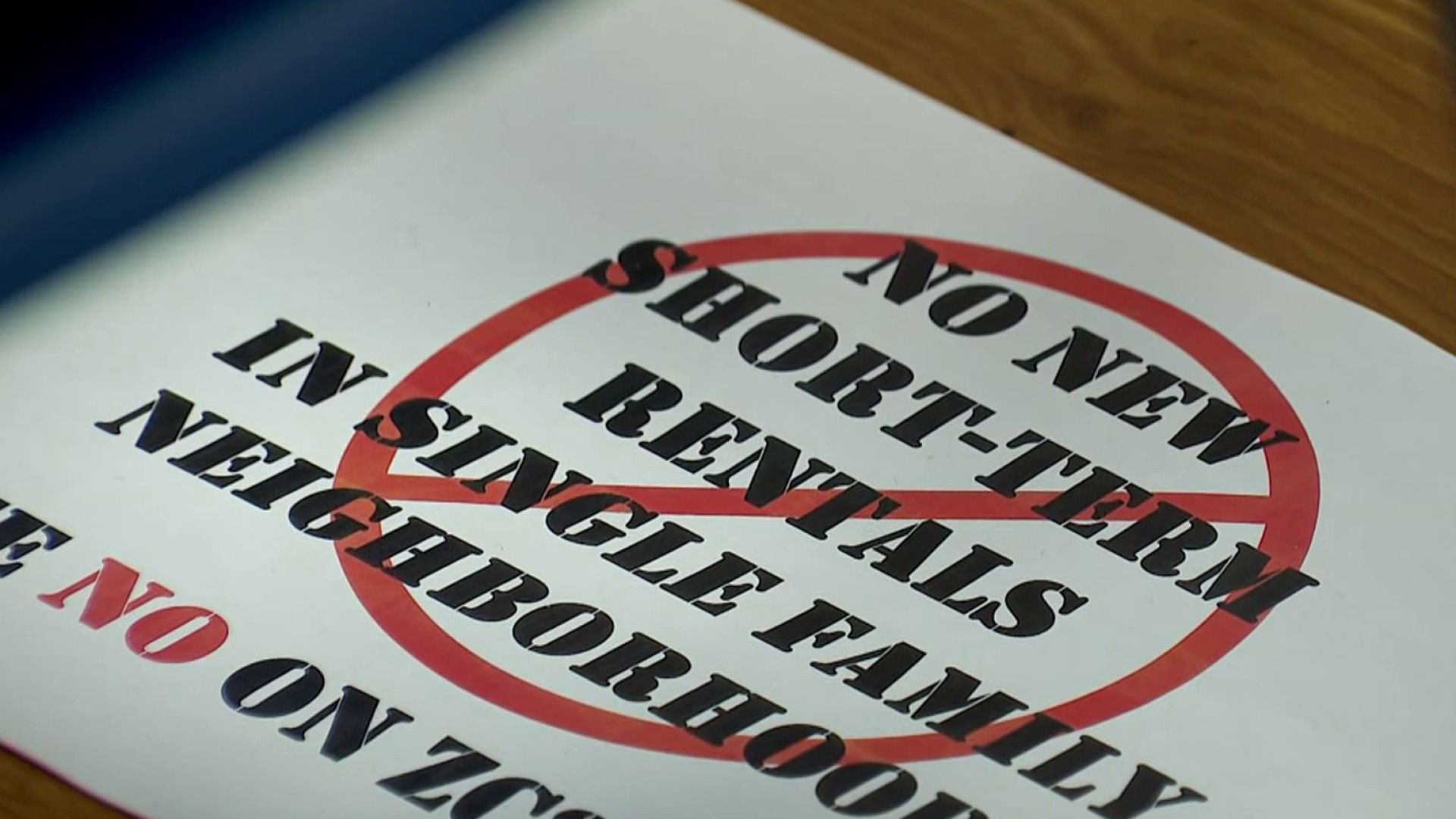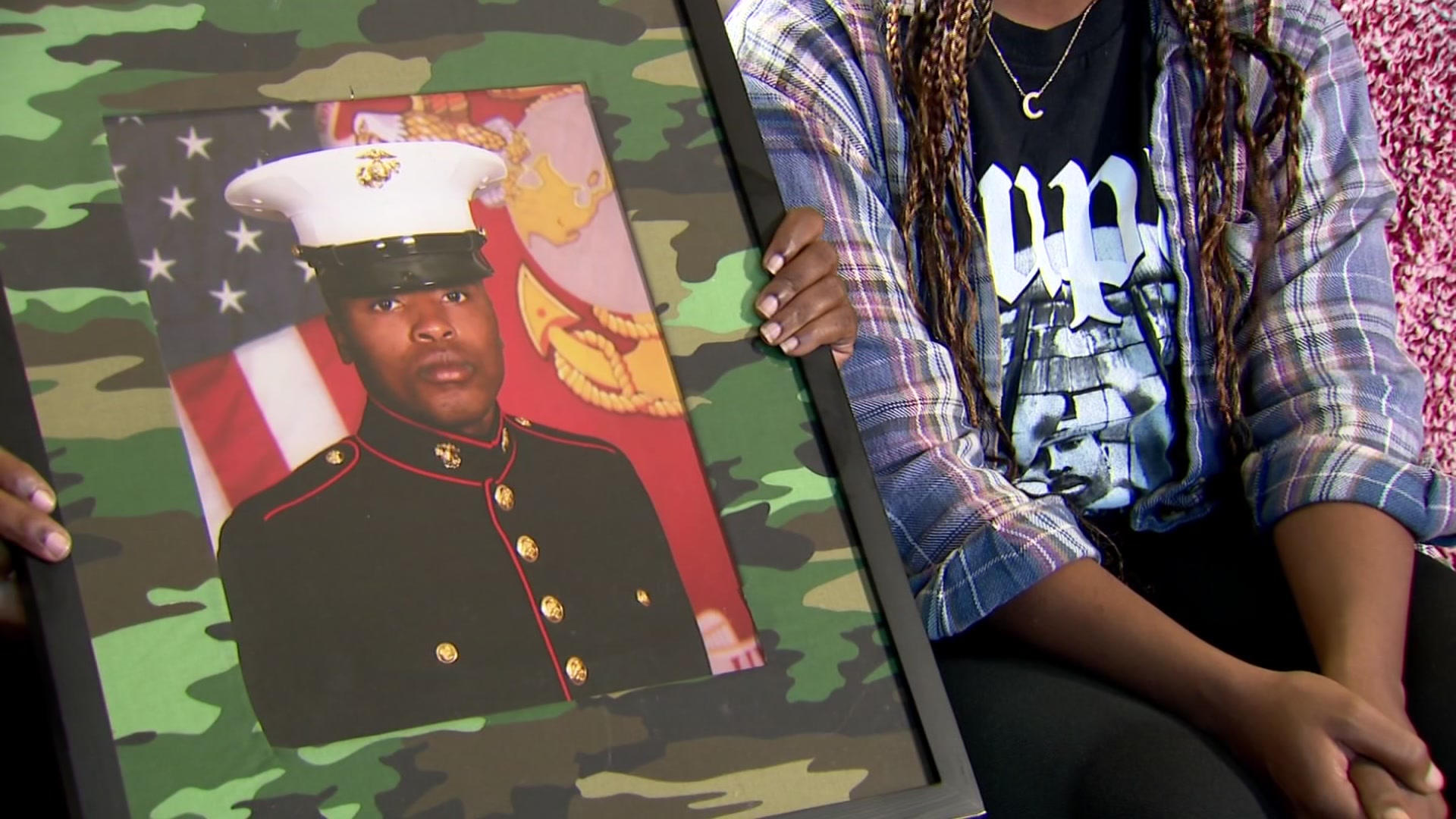Russia on Friday banned Americans from adopting Russian children, abruptly halting the adoption process for dozens of U.S. families, including at least one in North Texas.
The Fort Worth-based Gladney Center for Adoption said it was working on 24 adoptions, including one in North Texas.
"A lot of our families have already met the children they thought they would be bringing home, so they're honestly dealing with a lot of grief -- grief over the process, grief over a lost dream, grief over a broken family," Gladney Center spokeswoman Jennifer Lanter said.
President Vladimir Putin on Friday signed the law, which was overwhelmingly passed by both houses of Russia's parliament. Some top Russian officials, including the foreign minister, openly opposed the bill.
Children's rights ombudsman Pavel Astakhov said 52 children who were in the pipeline for U.S. adoption would remain in Russia.
The U.S. State Department spokesman has urged Russia to "allow those children who have already met and bonded with their future parents to finish the necessary legal procedures so that they can join their families."
The law takes effect Jan. 1, the Kremlin said.
Local
The latest news from around North Texas.
Previously, adopting from Russia often took more than a year. The country had required adoptive parents to visit three times.
Lanter said the Gladney Center is encouraging families with pending Russian orphan adoptions to take a few days to absorb the shock and then decide what to do next.
Some families may try to wait it out, while others may decide to move on to adopt a child from somewhere else.
The ban is in response to a measure signed into law by President Barack Obama this month that calls for sanctions against Russians assessed to be human rights violators.
That stems from the case of Sergei Magnitsky, a Russian lawyer who was arrested after accusing officials of a $230 million tax fraud. He was repeatedly denied medical treatment and died in jail in 2009. Russian rights groups claimed he was severely beaten.
"It's really about political gain and using children as pawns," Lanter said. "It's hard to understand why President Putin would do this to his own people."
The law also calls for the closure of non-governmental organizations receiving American funding if their activities are classified as political -- a broad definition many fear could be used to close any NGO that offends the Kremlin.
UNICEF estimates that there are about 740,000 children not in parental custody in Russia while about 18,000 Russians are on the waiting list to adopt a child. The U.S. is the biggest destination for adopted Russian children -- more than 60,000 of them have been taken in by Americans over the past two decades.
Many Russians have been distressed for years by reports of Russian children dying or suffering abuse at the hands of their American adoptive parents. The new Russian law was dubbed the "Dima Yakovlev Bill" after a toddler who died in 2008 when his American adoptive father left him in a car in broiling heat for hours.
In that case, the father was found not guilty of involuntary manslaughter, and Russia has complained of acquittals or light sentences in other such cases.
NBC 5's Mark Schnyder and The Associated Press' Jim Heintz contributed to this report.



